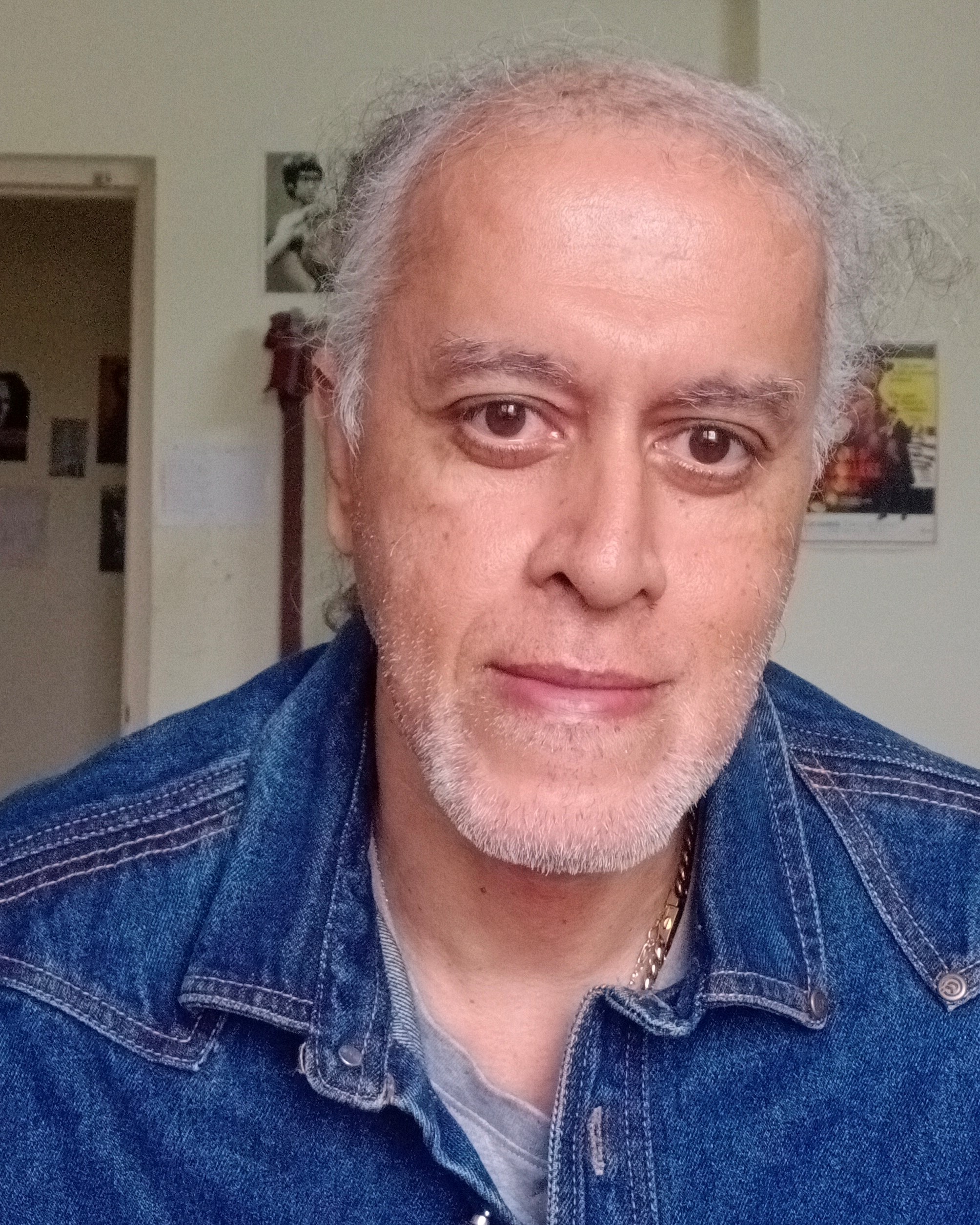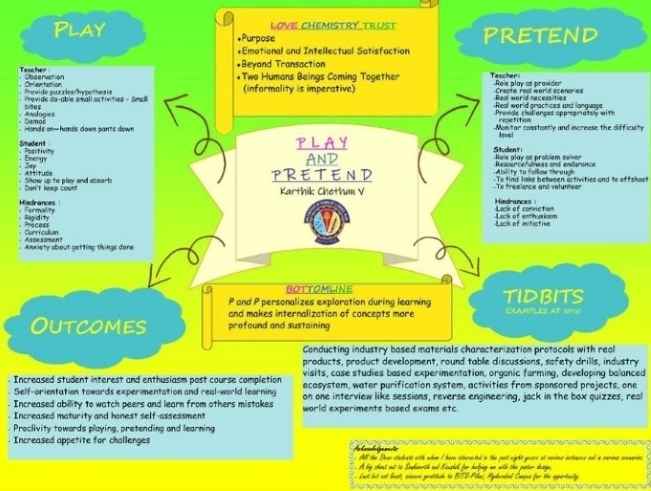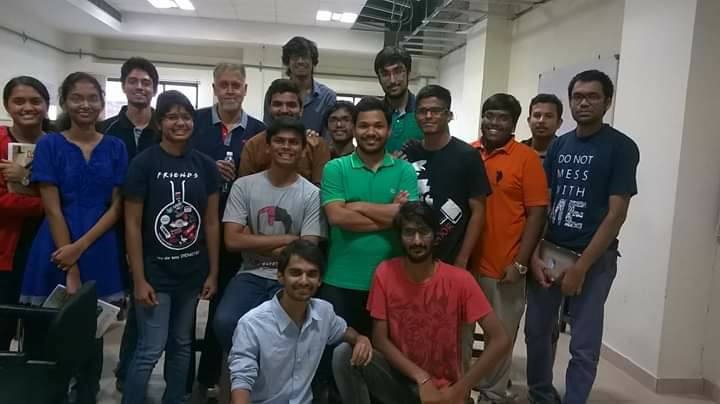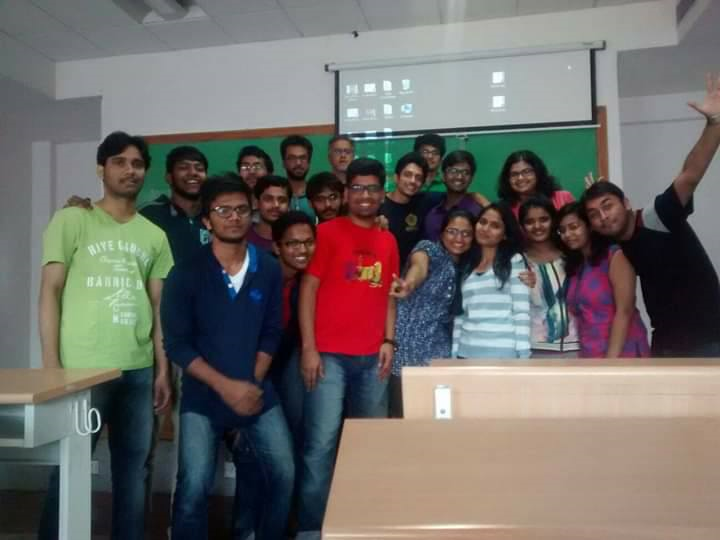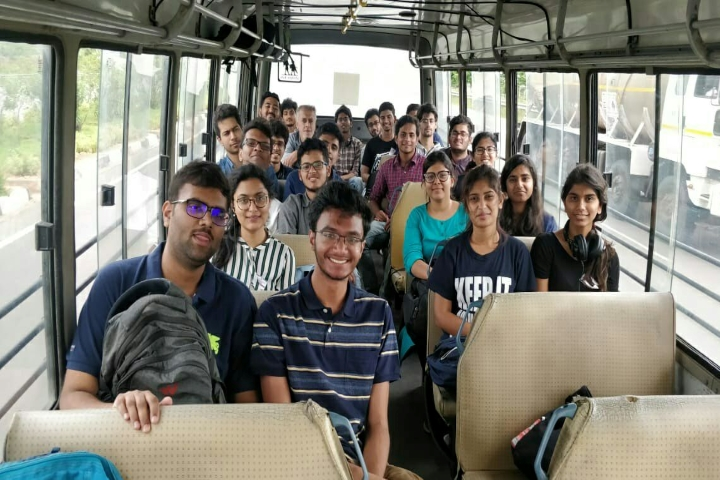Courses:
Most of these courses have been conducted multiple times over the past nine years. The primary objective is to engage learners and facilitate them to find their motivation in each course in a practical, real world based and personalized manner. The courses should add some significant meaning to the learners in terms of skills and comprehension of the workings of the world (both experimental and cerebral are of equal importance, learn by doing is the motto). The learners are encouraged to integrate science and engineering, academic and real world and experimental and simulation techniques.
Engineering Chemistry (second year core course)
Materials Science and Engineering (second year core course)
Materials Characterization (third year Materials Science Minor Program core course)
Materials Processing (third year Materials Science Minor Program core course)
Chemical Engineering Laboratory - I (third year core course)
Chemical Engineering Laboratory - II (third year core course)
Separation Process (third year core course)
Process Control and Dynamics (third year core course)
Chemical Process Technology (elective)
Process plant Safety (elective)
Polymer Technology (elective)
Intro to Nanoscience and Nanotechnology (elective)
Thermodynamics (institute wide course)
Environmental Studies (institute wide course)
Research Methodology (first year Masters core course)
Engineering Materials (non-specific WILP course)
Certification program/courses conducted in Instrumentation, Sensors and Controls at Grasim Industries, Nagda
Laboratory Oriented Project Course:
Topics include Polymerization kinetics, Investigation of polymerization induced phase separation, Development of value-added products from biomaterials and Development of biomaterial formulations for microencapsulation applications by using electrospinning, development of sizing agents for carbon fiber composites, materials characterization to investigate and enhance the performance of phenolic resin based composites and relaxation behavior studies of solid polymer electrolytes in lithium ion batteries) and 3D printing of biopolymers for biomedical applications.
Study Oriented Project Course:
Topics include Development and characterization of biocomposites, Thermodynamic studies of protein and pharmaceutical interactions, Carbon nanotubes for flow sensor applications, Relaxational behavior of complex systems, Amorphization of pharmaceuticals and Development and interfacial characterization of carbon fiber based composites)
Guest lectures provided for course titled Bio-conversion Technology and offered by Dept. of Biological Sciences
Mentoring
- Ph.D. Thesis (co-supervisor): Nanomechanical and physico-chemical characterization of keratin proteins in human hair (2014-2019, completed project).
- Undergraduate thesis (supervisor): Development of a model based on configurational entropy in studying dynamic heterogeneity and non-linearity for various glassy materials, BITS-Pilani, Hyderabad Campus (2021, completed project).
- Undergraduate thesis (supervisor): Thermodynamic and microstructural studies of urea-zein protein composites, BITS-Pilani, Hyderabad Campus (2015, completed project).
- Undergraduate thesis (co-supervisor): Development of Bio-based formulations for electrospinning in obtaining nanofibers for encapsulation applications. The project is conducted in collaboration with Dr. Chandra Shekhar Sharma, Dept. of Chemical Engineering, IIT-Hyderabad (2014, completed project).


 An Institute of Eminence
An Institute of Eminence
